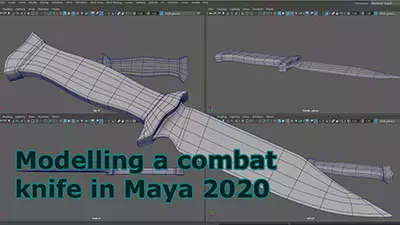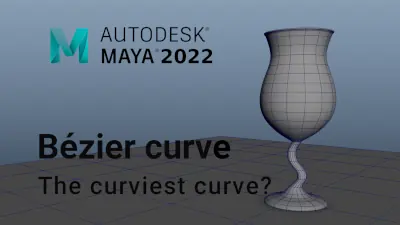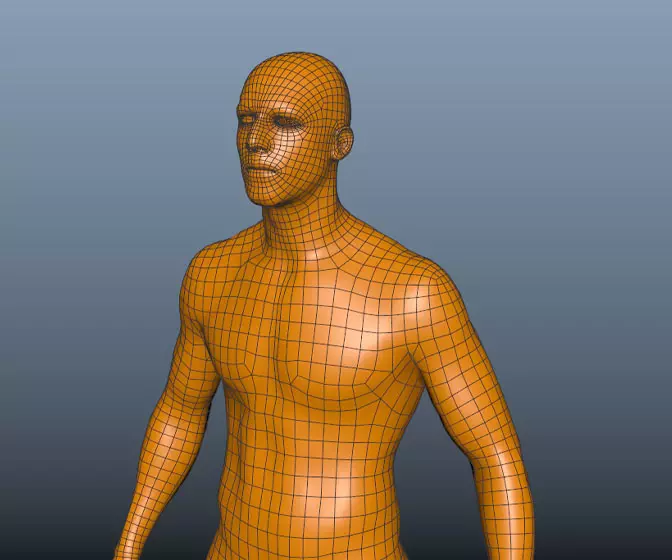Join Date: Sep 2005
What makes a scene look photorealistic
The other would have to be the surface of the object. Its specular, reflection, bump. And so on.'
FG & GI, is your key to realism i belive :p
There's nothing normal about normals. In FACT i think the are abnormal.
I'm no expert by far but I'm learning that although great texturing is important to photo realistic renders, lighting plays a huge role. If you're going for photo realistic then you're definitely going to want great lighting.
The way light bounces and calculated is really important and I don't think all renderers are equally effective in this area. Mental Ray is probably what you want to use but learning how to use it effectively will be quite a challenge. Even something as simple as light placement is really not so simple.
You'll probably want to study photography and lighting to help you out. Probably a good way to measure your modeling skills is to keep posting your projects and asking for feedback. Ask for some seriously strict critique's with no holds barred if you know what I mean. Responses might be nit picky but it'll probably help you know where you stand professionally.
One of the best ways, in my opinion, is not comparing yourself to others (which can be discouraging at times) but to yourself. For me, it's important to know that my skills are improving and getting better and that I'm always learning. If you've got direction and you're moving forward then you will eventually get to where you want to be.
Don't be satisfied with what you can do but rather strive to do the things you can't do!
Exceed Expectations!
Join Date: Sep 2005
I agree perfecto. The school I went to wasn't geared for specifically 3d so I am still playing catch up. I have come a long way because of practice, but I need to get there faster if you know what I mean. My student loans are about to kick in and I have not found a Job. You have seen my work do you think I am ready to do some freelancing. Your honest opinion, don't worry I have thick skin.Originally posted by Perfecto
Hi banksta,
I'm no expert by far but I'm learning that although great texturing is important to photo realistic renders, lighting plays a huge role. If you're going for photo realistic then you're definitely going to want great lighting.
The way light bounces and calculated is really important and I don't think all renderers are equally effective in this area. Mental Ray is probably what you want to use but learning how to use it effectively will be quite a challenge. Even something as simple as light placement is really not so simple.
You'll probably want to study photography and lighting to help you out. Probably a good way to measure your modeling skills is to keep posting your projects and asking for feedback. Ask for some seriously strict critique's with no holds barred if you know what I mean. Responses might be nit picky but it'll probably help you know where you stand professionally.
One of the best ways, in my opinion, is not comparing yourself to others (which can be discouraging at times) but to yourself. For me, it's important to know that my skills are improving and getting better and that I'm always learning. If you've got direction and you're moving forward then you will eventually get to where you want to be.
Join Date: Feb 2006
"No pressure, no diamonds" Thomas Carlyle
With what work I've seen you do, you have a long ways to go to get to "Top Notch" but that doesn't mean you're not ready for freelance work. I'm nowhere near "Top Notch" either but I'm ready myself. I've learned that there are different types of freelance work with varying levels of skills required. If you feel comfortable with your current knowledge of 3D, you should go for it.
Start looking for work and make sure you ask questions so you completely understand the requirements of any assignments you're offered. That way you can better determine whether or not you can complete that assignment. I think it would be better to turn down an assignment that you're not sure you can fulfill, than to not come through and risk getting a bad reputation.
Most likely, the process of doing freelance will make you push your skill level up quicker. At least in the beginning. You're ultimate goal though will be to get hired on at a company somewhere. I've been told that freelancers don't improve their 3d skills and knowledge as quickly as those who have jobs with a company.
So, in my opinion, I think you're ready for some freelance but not all freelance. As long as you EXACTLY know what each job expects, you'll probably do okay, and work your way up in the process. You just might have to be very selective at first.
P.S. Even an assignment that you can't fulfill could still be a good assignment if you are VERY confident you can find the solution to the part of the assignment you're unsure of.
Don't be satisfied with what you can do but rather strive to do the things you can't do!
Exceed Expectations!
Join Date: Sep 2005
Thanks perfecto. I have the same assessment of my self. I have learned a lot about maya compared to what I knew 2 years ago. Heck 2 years ago I had never opened a 3d application in my life and I didn't know anything about the tools or anything. I believe I will get to the level I want and I will start trying some simple freelancing.Originally posted by Perfecto
I'm probably not the best person to ask, but here's my opinion.
With what work I've seen you do, you have a long ways to go to get to "Top Notch" but that doesn't mean you're not ready for freelance work. I'm nowhere near "Top Notch" either but I'm ready myself. I've learned that there are different types of freelance work with varying levels of skills required. If you feel comfortable with your current knowledge of 3D, you should go for it.
Start looking for work and make sure you ask questions so you completely understand the requirements of any assignments you're offered. That way you can better determine whether or not you can complete that assignment. I think it would be better to turn down an assignment that you're not sure you can fulfill, than to not come through and risk getting a bad reputation.
Most likely, the process of doing freelance will make you push your skill level up quicker. At least in the beginning. You're ultimate goal though will be to get hired on at a company somewhere. I've been told that freelancers don't improve their 3d skills and knowledge as quickly as those who have jobs with a company.
So, in my opinion, I think you're ready for some freelance but not all freelance. As long as you EXACTLY know what each job expects, you'll probably do okay, and work your way up in the process. You just might have to be very selective at first.
P.S. Even an assignment that you can't fulfill could still be a good assignment if you are VERY confident you can find the solution to the part of the assignment you're unsure of.










